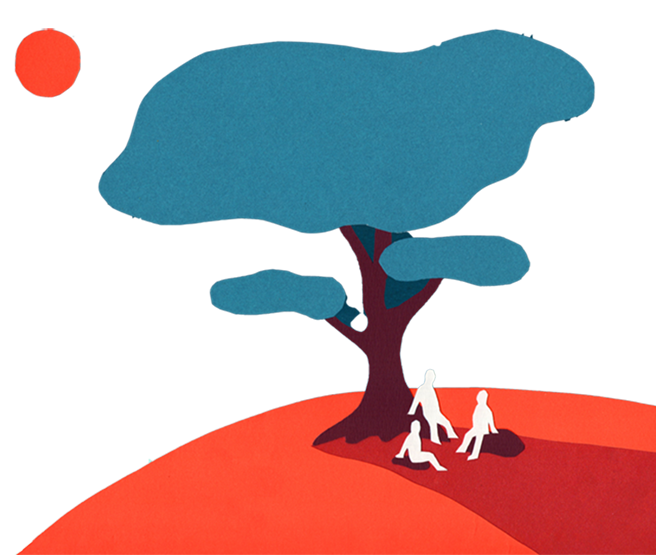Evidence is an often ill-understood notion which sounds technical and suggests not merely the epistemic authority of a scientist or research team, but something much stronger and more robust. If you have evidence you have the support of reality itself. But compare this for a moment with one of the little everyday things of life, which is actually a main strategy of the book. Reformulate general, far-reaching and abstract claims into particular, local and concrete claims and think carefully about the analogy this offers you. So, think for instance about a mess in your kitchen, see the traces of peanutbutter which is your son’s favourite food, ask your son what he has been doing, and look him in the eye when he tells you, as convincingly as he can, that it was your daughter’s, not him. Common sense, I argue, would suggest you that the following is the right question to ask in your situation: when is what evidence for what? Each of the question words requires a substantial explanation and any answer to each of these question words demands a substantial justification. Of course you can jump to conclusions. But that is not a commonsensical reaction. Of course you can hide behind a prestigious status and suggest that your expertise in your household gives you decisive evidence that it was your son who created the mess. And of course, you may be right. But if you are right, and if you have evidence, it will be a matter of your being able to provide the explanations and justifications that are at work in your answers to the ‘when’, the ‘what’ and the ‘what’. Scientists may be able to provide such answers too. And they definitely should. But precisely when we are talking about public policy, when we feel the pressure of practical urgencies, the audience may be wary of the expert’s caution, sophistication and nuance, and will be happy with any findings researchers report. But importantly, findings are merely semi-manufactured goods. You cannot do much with them without a substantial theory and without the serious critical assessment of all the auxiliary hypotheses that played a role in the reported research. Contemporary pressure on scientists to live up to their societal relevance seriously encourages them, however, to sell their findings, that is their semi-manufactured goods, for evidence. That is a real shame, particularly for behavioural science, which is, I regret to say, a science that so far has not succeeded in developing seriously substantial theories. Behavioural science would, therefore, really profit from keeping its findings to itself. Behavoural scientists should think very hard about their findings and particularly about what they are doing – as scientists – by communicating their findings to the public as if they were evidence.
